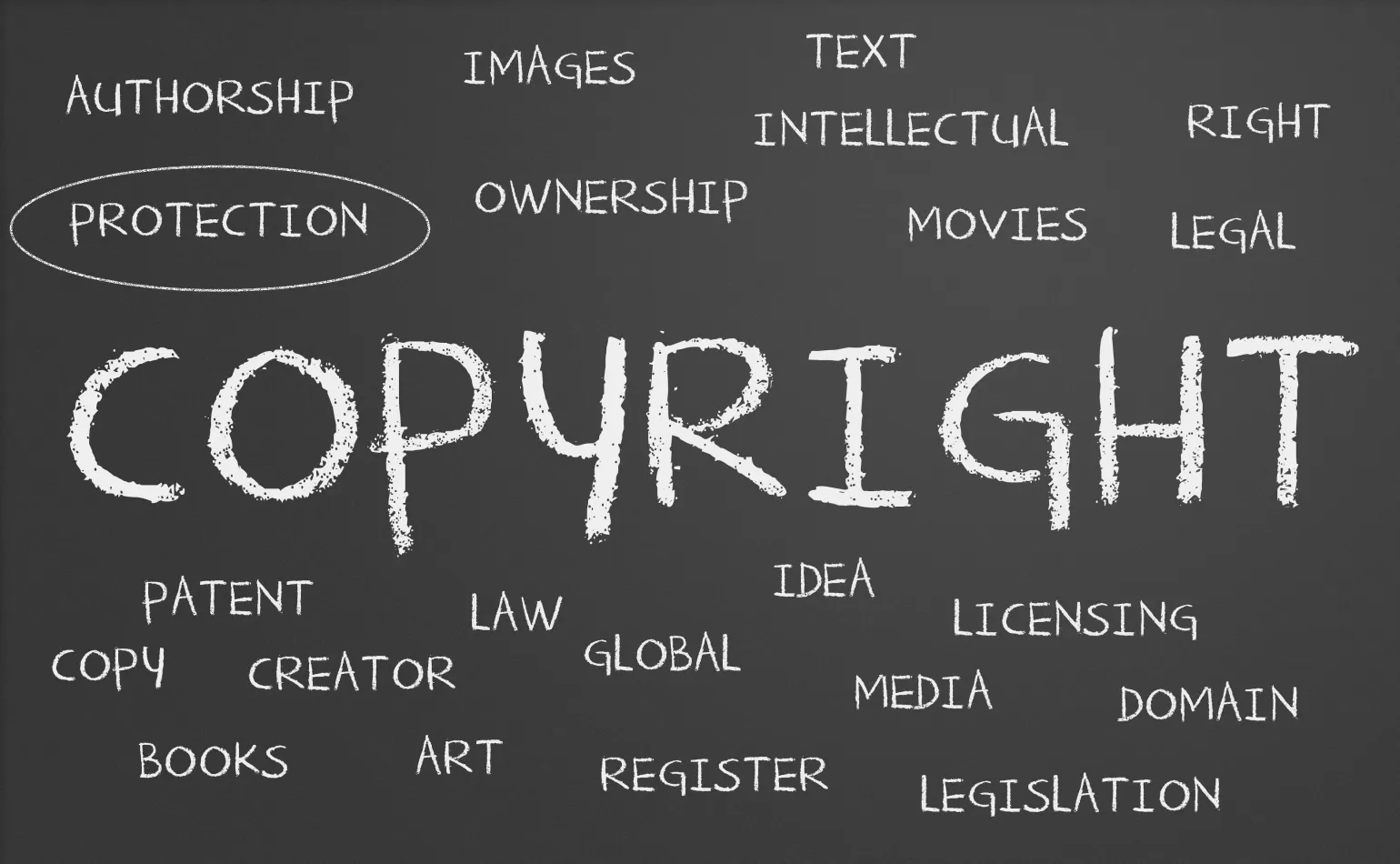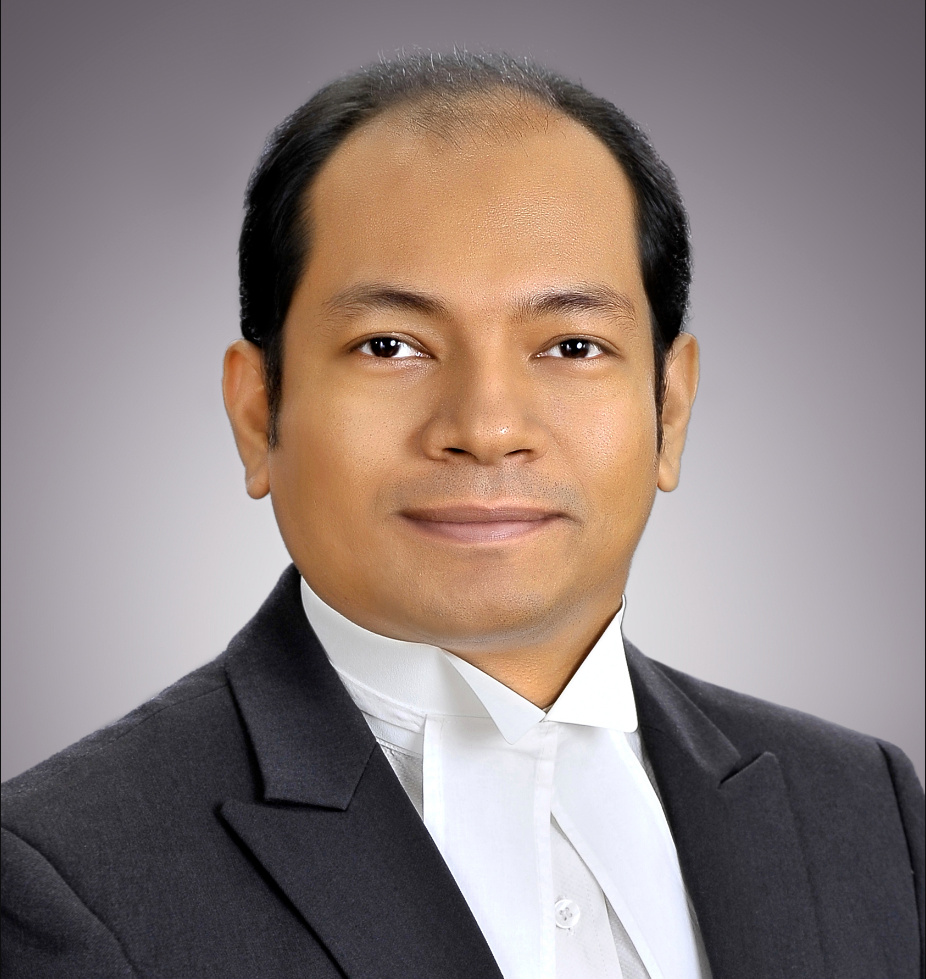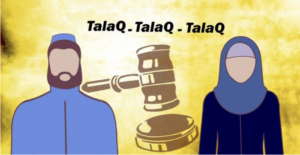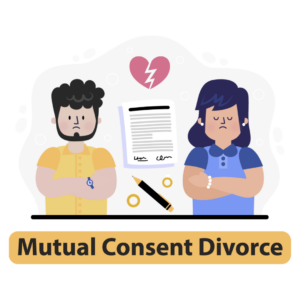Copyright law in Bangladesh is governed by the Copyright Act, 2023, which replaced the earlier Copyright Act, 2000. It provides the legal framework to protect the rights of creators and owners of original works of authorship. These rights cover a wide range of works, including literary, dramatic, musical, artistic, cinematographic films, and sound recordings. Below is an overview of key aspects of copyright law in Bangladesh:
What is Copyright in Bangladesh?
Copyright grants authors or creators exclusive rights to control the use of their original works. These rights include reproduction, distribution, public performance, adaptation, and translation of the work.
Works Protected by Copyright
Copyright law in Bangladesh protects:
- Literary works: Books, articles, computer programs, etc.
- Dramatic works: Plays, scripts, etc.
- Musical works: Compositions with or without lyrics.
- Artistic works: Paintings, sculptures, architectural designs, etc.
- Cinematographic films: Movies, documentaries, etc.
- Sound recordings: Songs, audiobooks, etc.
- Broadcasts: Radio and television broadcasts.
Ownership of Copyright
- Author/Creator: The default owner of the copyright is the person who creates the work.
- Employer: If a work is created under a contract of employment, the employer may hold the copyright unless agreed otherwise.
- Commissioned Work: The person commissioning the work may own the copyright if stipulated in an agreement.
Duration of Copyright
- For most works, copyright lasts for 60 years from the death of the author.
- For sound recordings, films, and broadcasts, it lasts for 60 years from the year of publication.
Rights of Copyright Holders
The law provides both economic rights and moral rights:
- Economic Rights: Include reproduction, distribution, public performance, adaptation, etc.
- Moral Rights: Include the right to claim authorship and to object to derogatory treatment of the work.
Exceptions and Limitations
Certain uses of copyrighted works are permitted under fair use or specific exceptions, such as:
- Use for personal or private study.
- Research and criticism.
- Use in education and teaching.
- Use in reporting current events.
Registration of Copyright
Although registration is not mandatory for copyright protection in Bangladesh, it serves as strong evidence in case of disputes. The Copyright Office under the Ministry of Cultural Affairs handles copyright registrations.
Infringement of Copyright
Copyright infringement occurs when a protected work is used without the permission of the copyright owner in a way that violates their rights. Common infringements include unauthorized reproduction, distribution, or public performance.
Remedies for Infringement
The Copyright Act, 2000 provides remedies, which include:
- Civil Remedies: Damages, injunctions, and accounts of profits.
- Criminal Penalties: Fines and imprisonment.
- Administrative Remedies: Confiscation of infringing copies.
STEPS OF OBTAINING COPYRIGHT REGISTRATION IN BANGLADESH
Obtaining copyright protection in Bangladesh is a relatively straightforward process. Although copyright is automatically granted to original works upon creation, formal registration offers legal proof of ownership and is highly recommended in disputes or enforcement cases. Below are the steps to obtain a copyright in Bangladesh:
Step 1: Create the Original Work
- Ensure that the work is original and falls under the categories of protectable works, such as literary, artistic, musical, cinematographic, or sound recordings.
- The work must be in a tangible form (e.g., written, recorded, or published).
Step 2: Prepare Required Documents
Gather the necessary documents for the registration application. These typically include:
- Application Form: A completed copyright application form, available from the Bangladesh Copyright Office.
- Details of the Work: Title, description, and category of the work (literary, artistic, musical, etc.).
- Author/Creator Details: Name, address, and nationality of the creator or author.
- Owner Details: If the applicant is not the creator, details of the copyright owner.
- Copy of the Work: A physical or digital copy of the work to be registered.
- Power of Attorney: If the application is filed through an attorney or agent.
Step 3: Submit the Application
- Submit the completed application form along with the required documents to the Copyright Office under the Ministry of Cultural Affairs.
- The Copyright Office is located in Dhaka, Bangladesh.
Step 4: Pay the Application Fee
- Pay the applicable fee for copyright registration. The fee amount depends on the type of work being registered. Check the latest fee structure on the Copyright Office’s website or contact them directly.
Step 5: Examination of the Application
- The Copyright Office reviews the application and supporting documents to ensure compliance with the Copyright Act, 2000.
- If the application is incomplete or requires additional details, the applicant is notified to provide the necessary information.
Step 6: Publication in the Copyright Gazette
- Once the application is approved, details of the copyright registration are published in the Copyright Gazette. This provides an opportunity for the public to raise objections, if any.
Step 7: Addressing Objections (If Applicable)
- If an objection is raised, a hearing is conducted, and the applicant must present evidence supporting their claim to the work.
- The Copyright Office makes a final decision based on the evidence.
Step 8: Issuance of Copyright Registration Certificate
- Upon successful completion of the review and any objections, the Copyright Office issues a Copyright Registration Certificate to the applicant.
- This certificate serves as proof of ownership and can be used in legal disputes or enforcement actions.
Copyright protection begins automatically from the moment the work is created and does not depend on registration. Registration is, however, important for:
- Establishing prima facie evidence of ownership.
- Facilitating enforcement actions against infringement.
- Resolving disputes regarding ownership.





